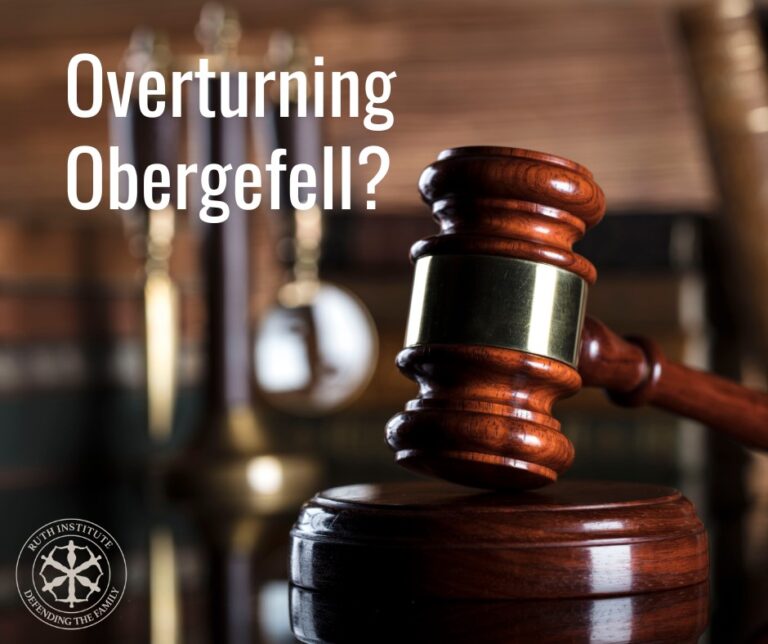
By Ben Johnson December 26, 2023 at TheWashingtonStand.com.
In a finding that turns conventional wisdom on its head, a researcher has found that so-called “conversion therapy” aimed at reducing unwanted homosexual or lesbian attraction makes people less likely to consider suicide than those who continue to live the unbridled LGBTQ lifestyle.
Although transgender activists have linked conversion therapy — which its advocates prefer to call “change-allowing talk therapy,” or “Sexual Orientation Change Efforts” (SOCE) — the studies have gotten the results backwards, because they counted suicide attempts or suicidal ideation patients had before receiving conversion therapy care.
“‘Conversion’ therapy actually reduces gay suicide,” said Rev. Dr. Paul Sullins, a Roman Catholic priest and former professor of sociology, at a press conference attended by The Washington Stand. Those who claim “conversion therapy” increased the likelihood of suicide “made the fundamental error of attributing an effect to a cause that happened before the event,” he said. “We’ve known since Aristotle that causes have to precede effects.”
“The problem with their study is that most of the suicide morbidity that the participants expressed happened before they went” through change-allowing talk therapy. Nearly two out of three people who experienced suicidal ideation and half of those who had planned, intended, or attempted suicide did so before receiving therapy aimed at reducing unwanted same-sex attraction, Sullins’s research found.
“By their backwards logic, lung cancer could cause habitual smoking,” Sullins wrote. “Imagine a study that found … most people using anti-depressant drugs also suffered depression and breathlessly argued we should ban anti-depressants, because people who are exposed to them have more depression. That kind of study would have the same kind of backwards logic” as studies that “attempt to show us the harm” of conversion therapy.
Researchers worked with the same survey that asked whether LGBTQ-identifying people who received conversion therapy care ever thought about committing suicide, made a plan to take their own lives, intended to carry it out, or actually attempted to commit suicide. But the professor and cleric corrected previous studies by taking into account post-SOCE survey respondents’ answer to one question: “About how old were you the last time you received treatment to change your sexual orientation?” By correlating their answer to the age of their suicidal depression, he could eliminate cases that predated the LGBTQ-identifying person’s experience with SOCE.
After controlling for pre-existing suicidal ideation, Sullins found:
- After therapy, 36% of all people who had experienced suicidal ideation attempted suicide — but only 10% of those who had been through therapy;
- 43% of those who had made a suicide plan subsequently attempted suicide, compared with 10% of post-conversion therapy patients;
- 57% of those who intended to commit suicide attempted to take their own lives, compared to 12% of so-called conversion therapy patients; and
- 37% of those who had previously attempted suicide tried again, compared to 27% of those who had been through “conversion therapy.”



